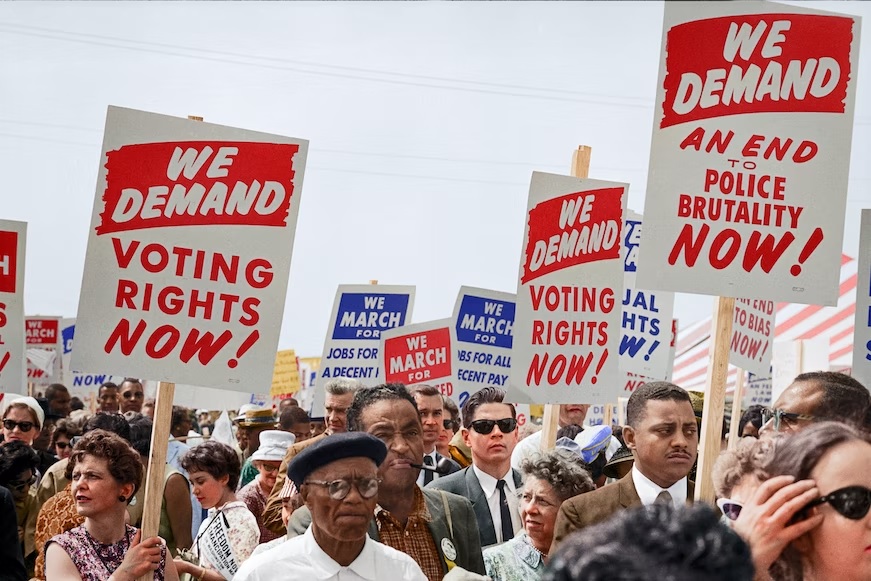
Hi everyone, I am in Aotearoa (New Zealand), and embarrassingly forgot to bring an adapter for my laptop charger, and the hotel doesn’t have one, so I have about 1.5 hours of power and this blog post will likely be short and full of typos. I’ve been learning so much from my experience here and will do a proper reflection for a future post.
Before we get into today’s topic, though, a couple of announcements. Please join me, Susannah Morgan, Ray Madoff, and Chuck Collins on October 19th at 1pm Pacific for a webinar on Donor-Advised Funds, how they’ve been used to hoard money, and what we need to do about it. It’s free, and will be captioned. Register here.
Also, please fill out Building Movement Project’s Race to Lead Survey 2022. It is a bit long, but this survey provides vital information about our sector, and the more of us fill it out, the more accurate and useful the data will be. Thank you in advance.
Aotearoa has been amazing. The people here are wonderful and kind, and it is spring here, so the flowers are blooming everywhere. It almost makes me forget (or want to forget) that back in the United States, we are getting ready for probably the most consequential mid-term elections of our lives.
Continue reading →




